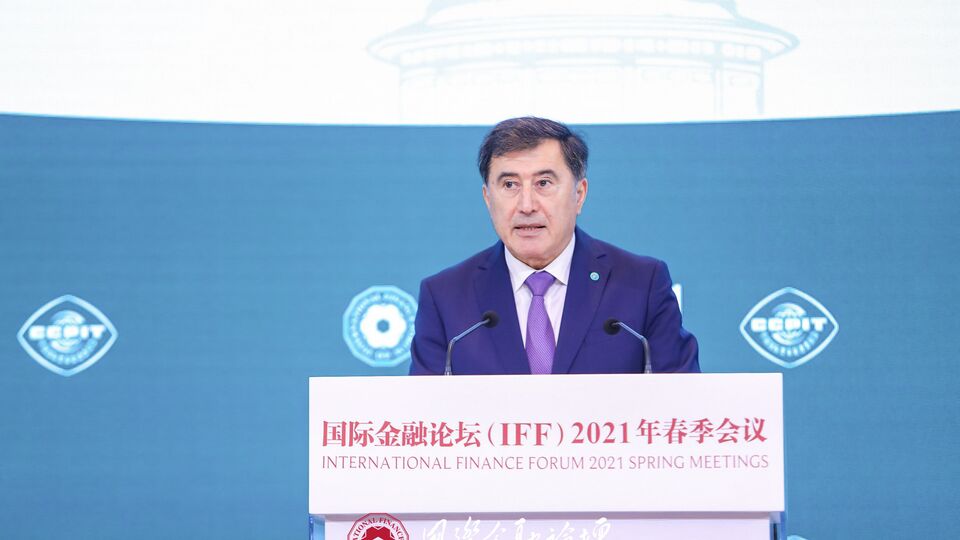On 29 May, Beijing hosted the opening of the International Finance Forum (IFF) Spring Meetings. SCO Secretary-General Vladimir Norov spoke at the event. The theme of this year's forum was Global Governance and Development in the Post-pandemic Era.
UN Secretary-General Antonio Guterres, Managing Director of the International Monetary Fund (IMF) Kristalina Georgieva, former President of the European Commission and Chairman of the Global Alliance for Vaccines and Immunisation Jose Manuel Barroso, former President of the World Bank Jim Yong Kim, Director General of the United Nations Industrial Development Organization (UNIDO) Li Yong and other prominent politicians, economists, researchers and financial experts took part in the event online.
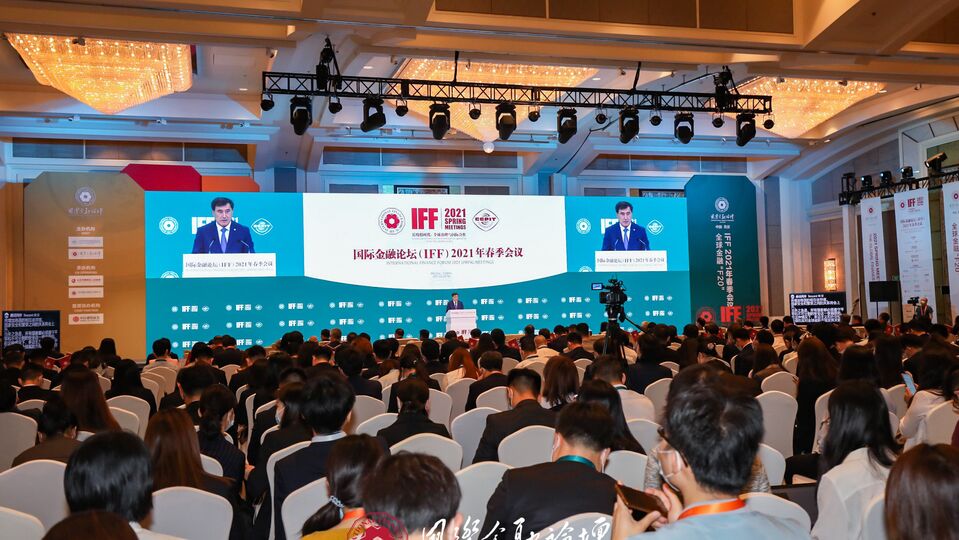
Speaking at the opening ceremony, SCO Secretary-General Vladimir Norov noted that the coronavirus pandemic has become a crucible for the global community and has revealed many shortcomings in international cooperation. The pandemic has aggravated the crisis of trust between the great powers. The existing mechanisms of preventive diplomacy and conflict settlement have gravely faltered.
Distrust in the authorities, political structures and international organisations has been growing, while nationalist and populist ideas based on demonisation and dissociation are becoming increasingly popular.
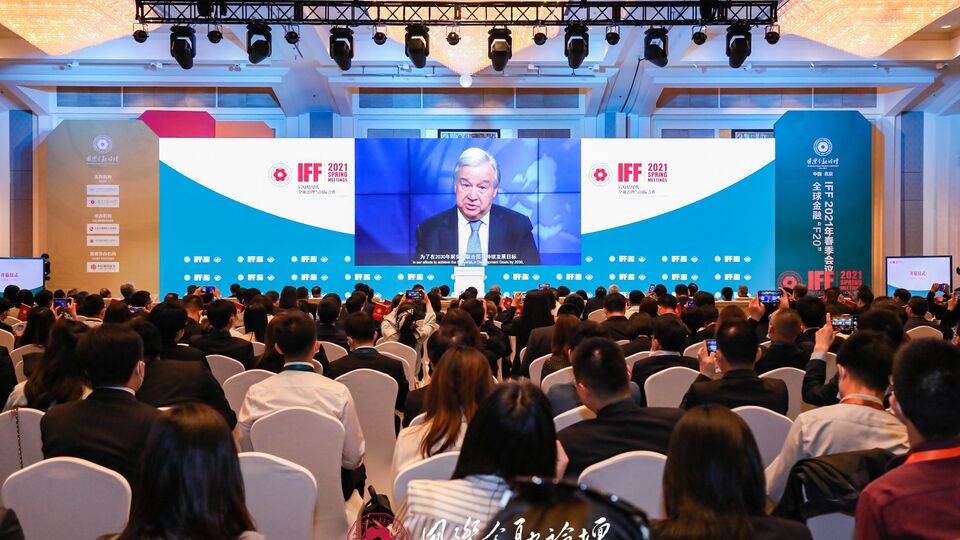
Vladimir Norov emphasised that instead of solidarity and joint efforts to withstand a common challenge, the world has moved from globalisation to localisation, international solidarity has given way to the national interests of each country. At the same time, the world is facing vaccine nationalism.
According to the SCO Secretary-General, the new waves of COVID-19, its mutations and the appearance of its new strains raise the issue of prompt global partnership. All countries should understand this and strive to build cooperation based on mutual support, joint development and the creation of public good. Vladimir Norov also spoke for considering a patent reprieve for COVID-19 vaccines.
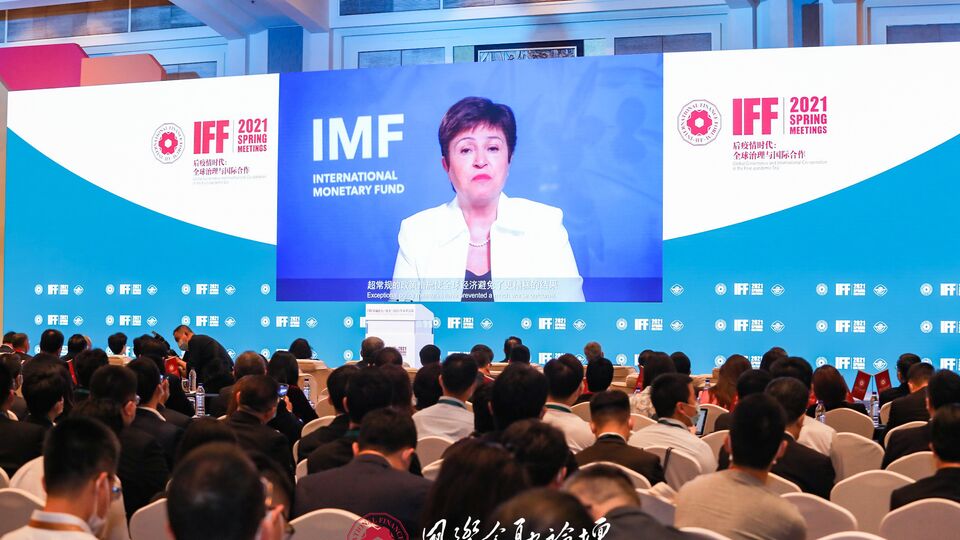
"The upcoming decade will be a time of rapid change in international relations, a strengthening at the regional level of global governance and improvement to the positions of the developing countries. Globalisation and technological progress will promote the increasing interdependence of countries. The interconnection between security and all countries' wellbeing will increase.
Under these circumstances, I believe, multilateralisation and diplomacy will play the decisive role in counteracting global threats for the sake of the secure and stable development on our planet. It is important to improve the status and authority of international mechanisms under the auspices of the UN, which will be able to unite humankind in the face of future challenges," Vladimir Norov said.
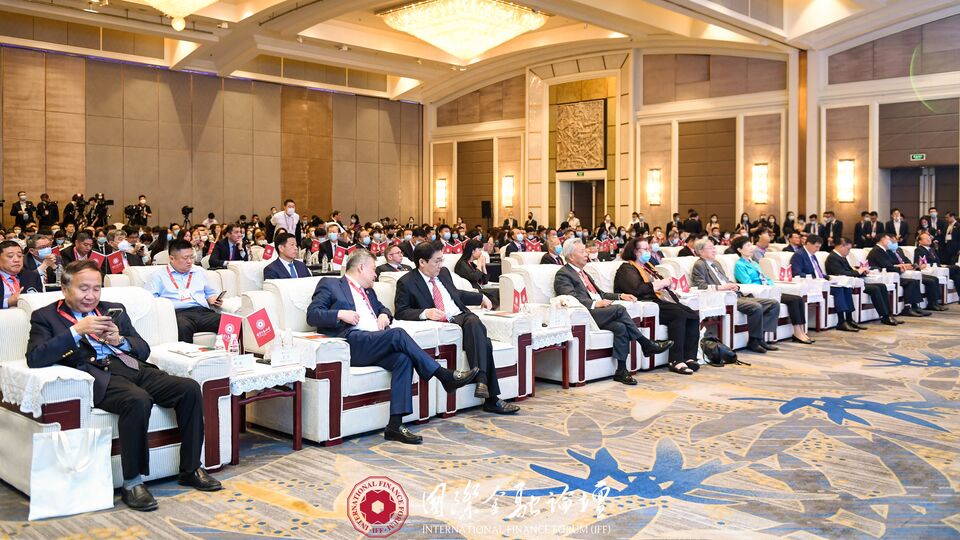
The SCO Secretary-General reminded the audience that the Moscow Declaration of last year's SCO summit emphasised the need to further improve international cooperation in relieving the global political and socio-economic aftermath of the pandemic. At the same time, the SCO member states call for providing the WHO with extensive international and financial support in order to protect global security in public health together.
"This year, the Shanghai Cooperation Organisation marks its 20th anniversary, and it enters its third decade feeling confident about the future. In its 20-year-history the SCO has accumulated impressive positive cooperation in various fields, a spirit of mutual trust and consideration for a partner's viewpoint, total equality, openness to search for mutually acceptable solutions through consultation, and respect for a multitude of cultures; in other words, the Shanghai Spirit. All of this guarantees long-term stability in the SCO and independence from the changing political environment," Vladimir Norov said in conclusion.
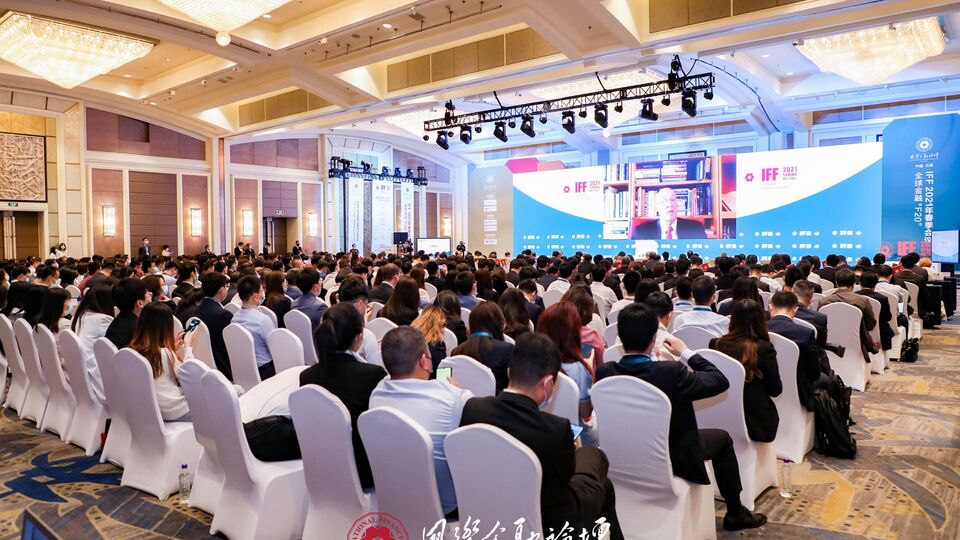
Zhou Xiaochuan, President of the IFF General Conference and Vice Chairman of the 12th National Committee of the Chinese People's Political Consultative Conference (CPPCC), said the multilateral trade system should be preserved in order to provide stability in the supply chain and smooth trade. It is necessary to facilitate the liberalisation and easing of trade and investment, deepen regional economic integration and maintain the safe and uninterrupted work of global production and supply chains.
UN Secretary-General Antonio Guterres said that it was necessary to provide additional support to the developing countries that are on the verge of a debt crisis. He urged the G20 countries to extend the debt moratorium to 2022 in order to help all countries, including middle-income countries.
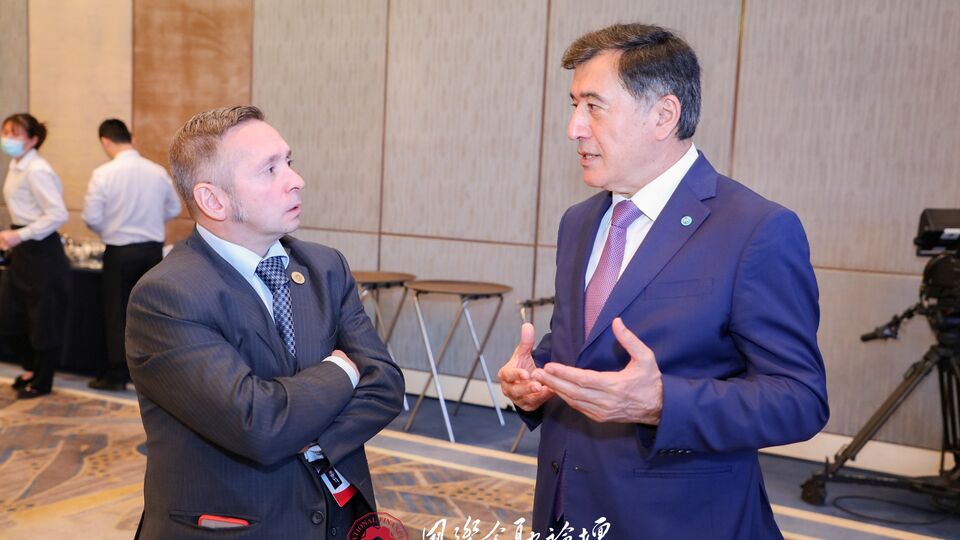
International Monetary Fund Managing Director Kristalina Georgieva noted that, the IMF raised its global growth estimates for 2021 and 2022 to 6 percent and 4.4 percent, respectively, because people have been adapting to new work formats. The scale of the vaccination campaign is expanding, and most countries continue to provide political support. The prospects for economic growth are getting better. Unconventional political measures have prevented a further decline in the global economy. Without these measures, the global economy would have shrunk last year.
Participants in the forum also discussed such issues as global sustainable financing, global counter-pandemic efforts, global cooperation in climate change, green cooperation, carbon pricing between China and the EU, carbon neutrality and global investment opportunities and funds, construction and free trade, changes and challenges in the global economic structure, digital currency and future digital transformation, the new model for China's development and China's 14th Five-Year Plan, the Green Silk Road, and others.
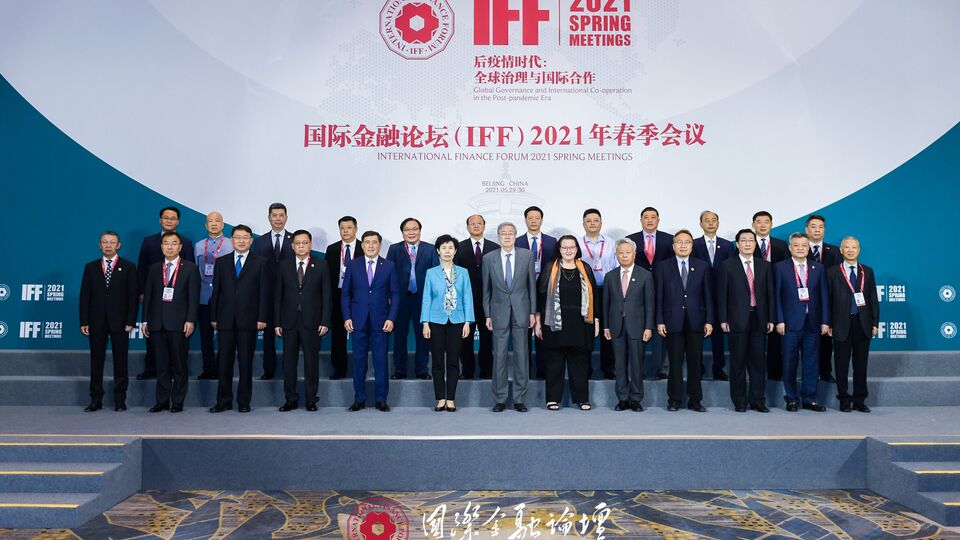
Former Prime Minister of Australia Kevin Rudd; Han Seung-soo, President of the 56th session of the UN General Assembly and former Prime Minister of the Republic of Korea; Herman Van Rompuy, First President of the European Council and former Prime Minister of Belgium, and other prominent international diplomats took part in the forum via videoconference.
Some 500 participants attended the forum in person, including chairs and members of the Council of the International Finance Forum, heads of financial institutions, representatives of major businesses, experts, researchers and journalists.
